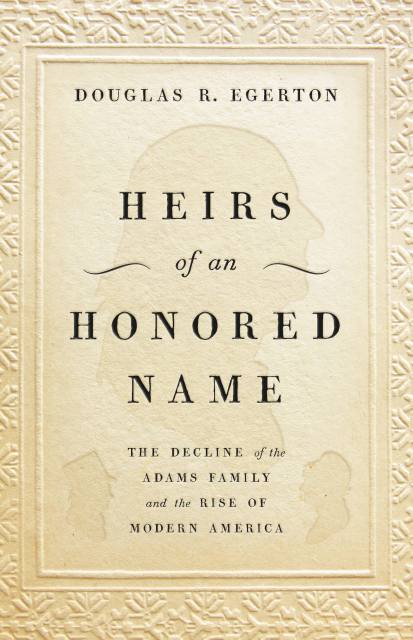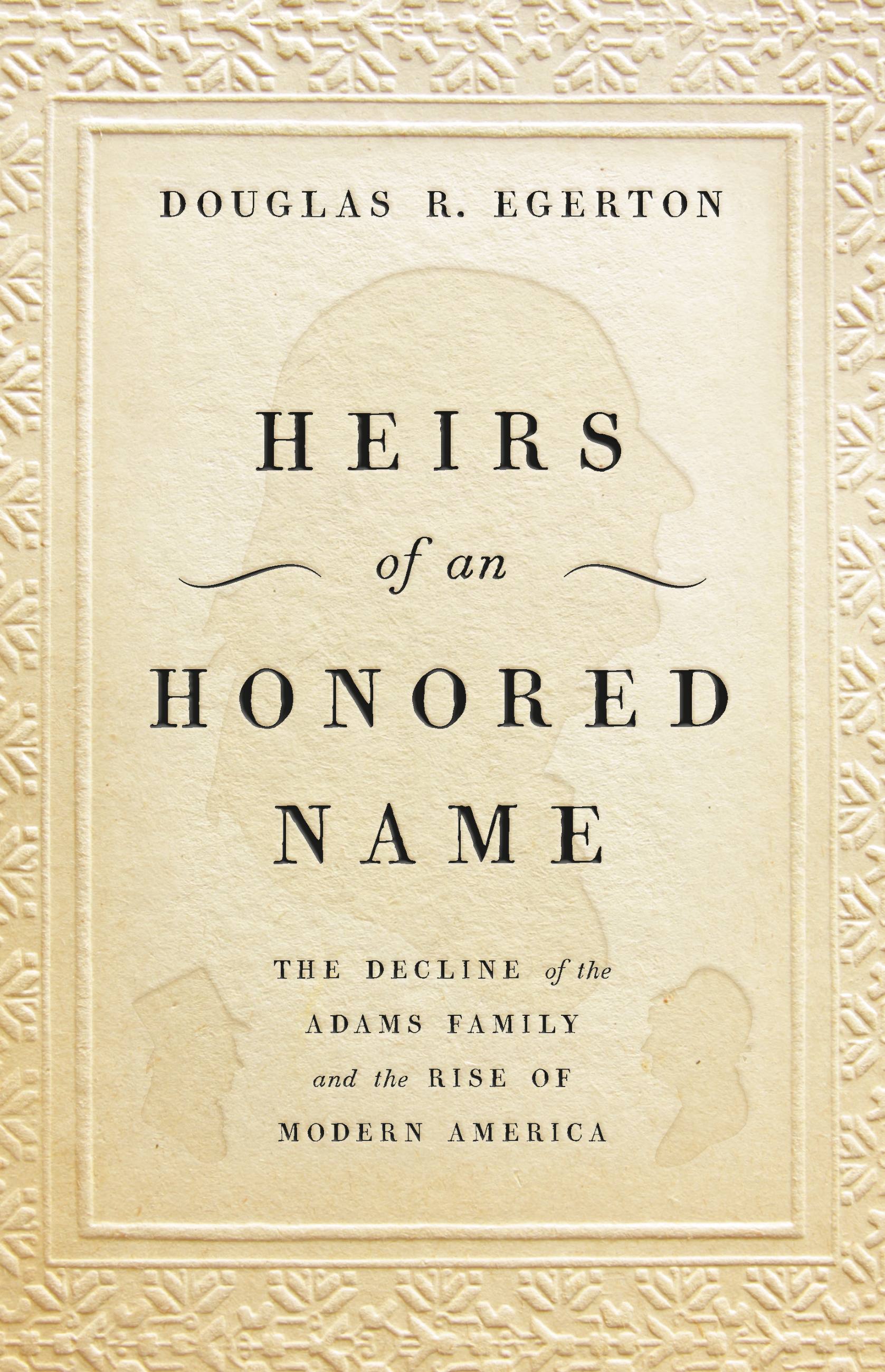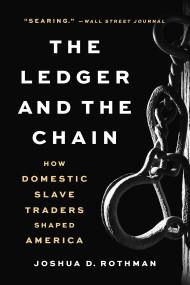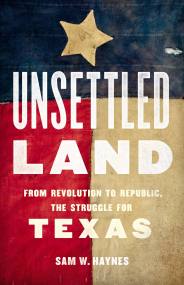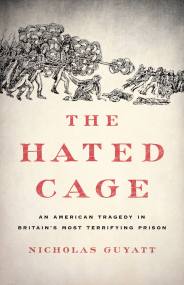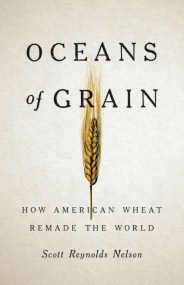By clicking “Accept,” you agree to the use of cookies and similar technologies on your device as set forth in our Cookie Policy and our Privacy Policy. Please note that certain cookies are essential for this website to function properly and do not require user consent to be deployed.
Heirs of an Honored Name
The Decline of the Adams Family and the Rise of Modern America
Contributors
Formats and Prices
- On Sale
- Oct 29, 2019
- Page Count
- 480 pages
- Publisher
- Basic Books
- ISBN-13
- 9781541699700
Price
$19.99Price
$25.99 CADFormat
Format:
- ebook $19.99 $25.99 CAD
- Hardcover $35.00 $44.00 CAD
This item is a preorder. Your payment method will be charged immediately, and the product is expected to ship on or around October 29, 2019. This date is subject to change due to shipping delays beyond our control.
Buy from Other Retailers:
An enthralling chronicle of the American nineteenth century told through the unraveling of the nation’s first political dynasty
John and Abigail Adams founded a famous political family, but they would not witness its calamitous fall from grace. When John Quincy Adams died in 1848, so began the slow decline of the family’s political legacy.
In Heirs of an Honored Name, award-winning historian Douglas R. Egerton depicts a family grown famous, wealthy — and aimless. After the Civil War, Republicans looked to the Adamses to steer their party back to its radical 1850s roots. Instead, Charles Francis Sr. and his children — Charles Francis Jr., John Quincy II, Henry and Clover Adams, and Louisa Adams Kuhn — largely quit the political arena and found refuge in an imagined past of aristocratic preeminence.
An absorbing story of brilliant siblings and family strain, Heirs of an Honored Name shows how the burden of impossible expectations shaped the Adamses and, through them, American history.
John and Abigail Adams founded a famous political family, but they would not witness its calamitous fall from grace. When John Quincy Adams died in 1848, so began the slow decline of the family’s political legacy.
In Heirs of an Honored Name, award-winning historian Douglas R. Egerton depicts a family grown famous, wealthy — and aimless. After the Civil War, Republicans looked to the Adamses to steer their party back to its radical 1850s roots. Instead, Charles Francis Sr. and his children — Charles Francis Jr., John Quincy II, Henry and Clover Adams, and Louisa Adams Kuhn — largely quit the political arena and found refuge in an imagined past of aristocratic preeminence.
An absorbing story of brilliant siblings and family strain, Heirs of an Honored Name shows how the burden of impossible expectations shaped the Adamses and, through them, American history.
Newsletter Signup
By clicking ‘Sign Up,’ I acknowledge that I have read and agree to Hachette Book Group’s Privacy Policy and Terms of Use
